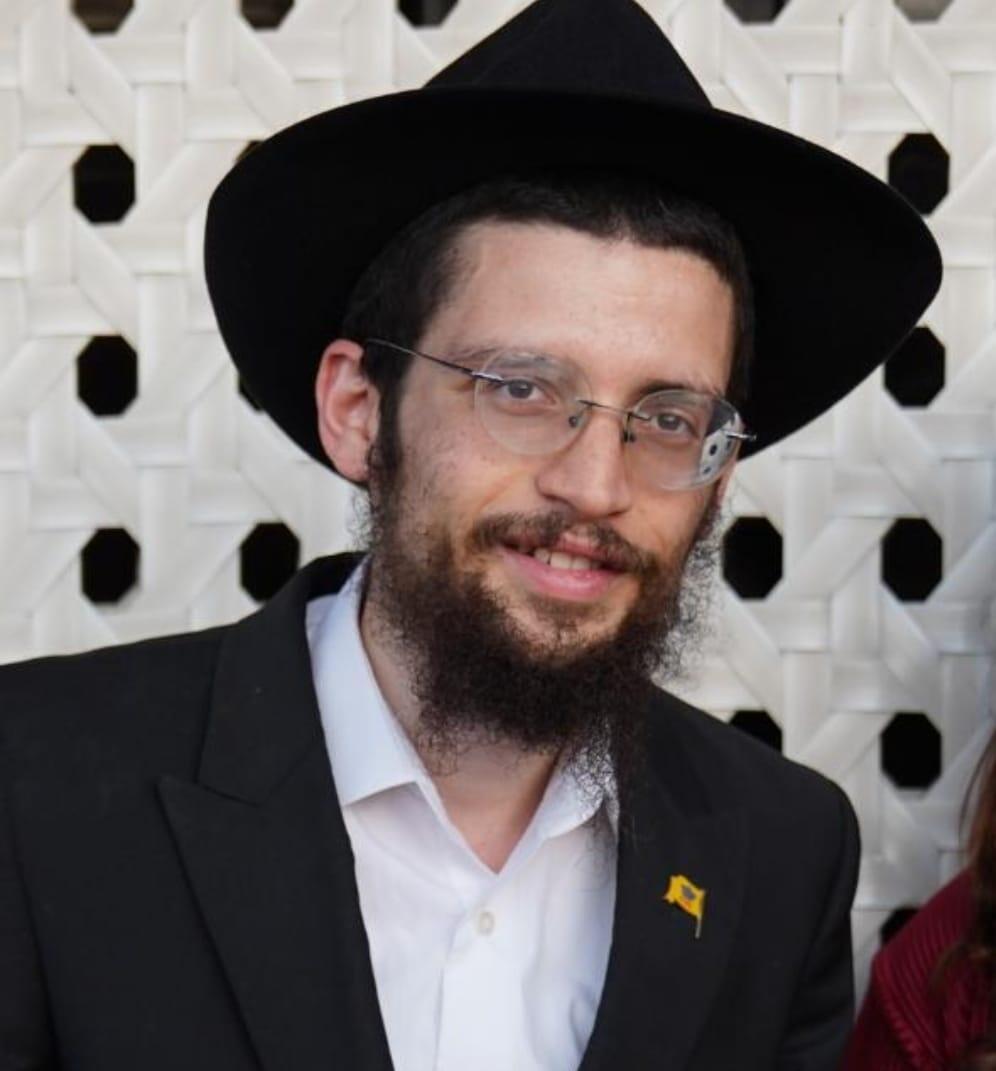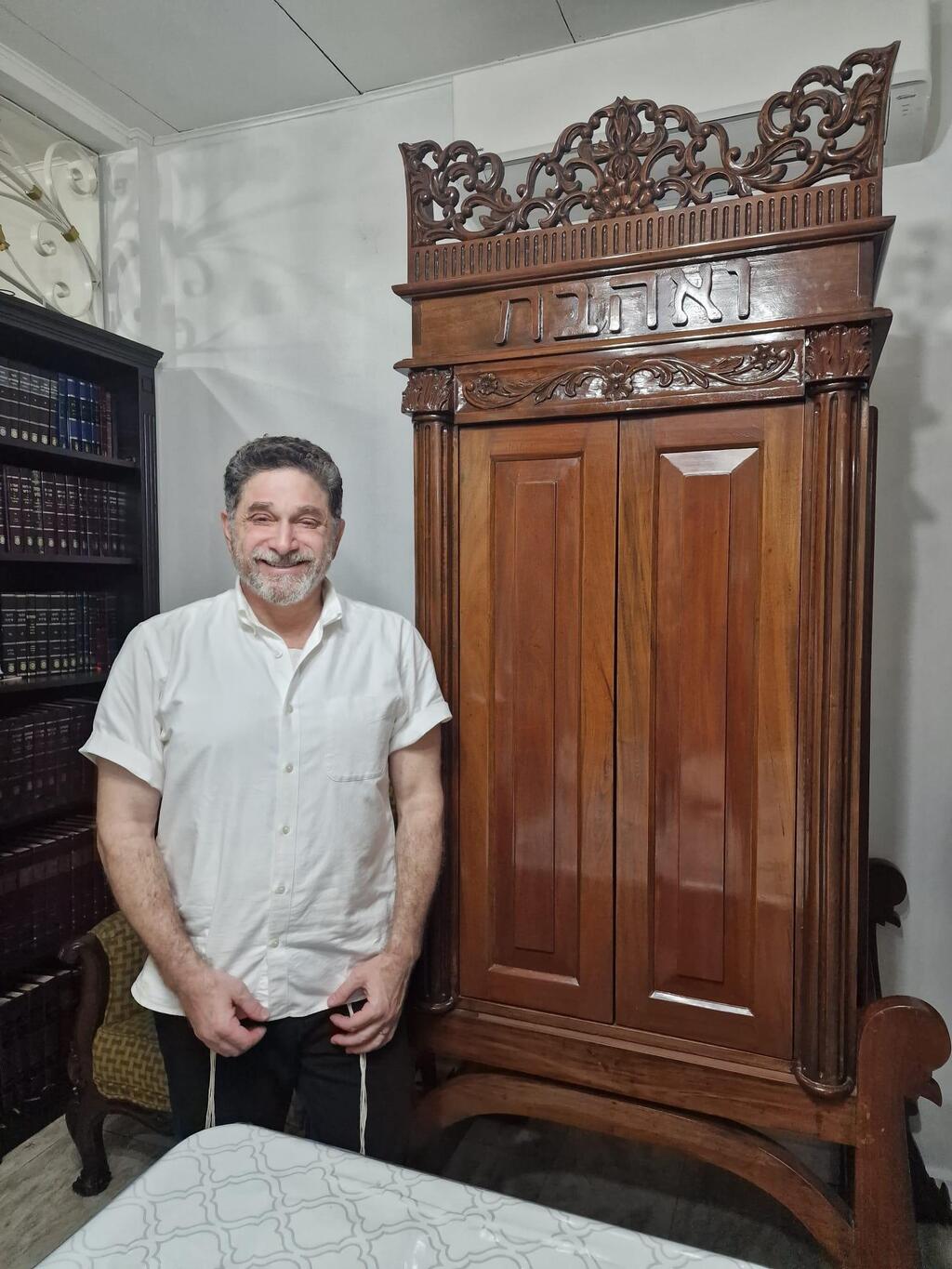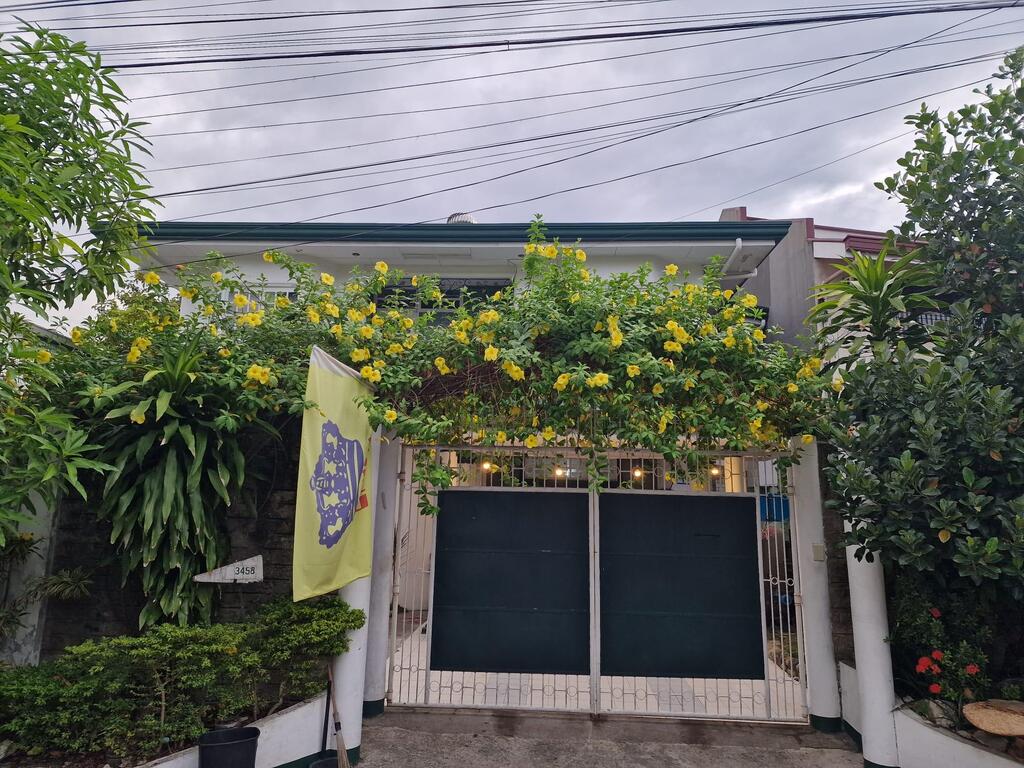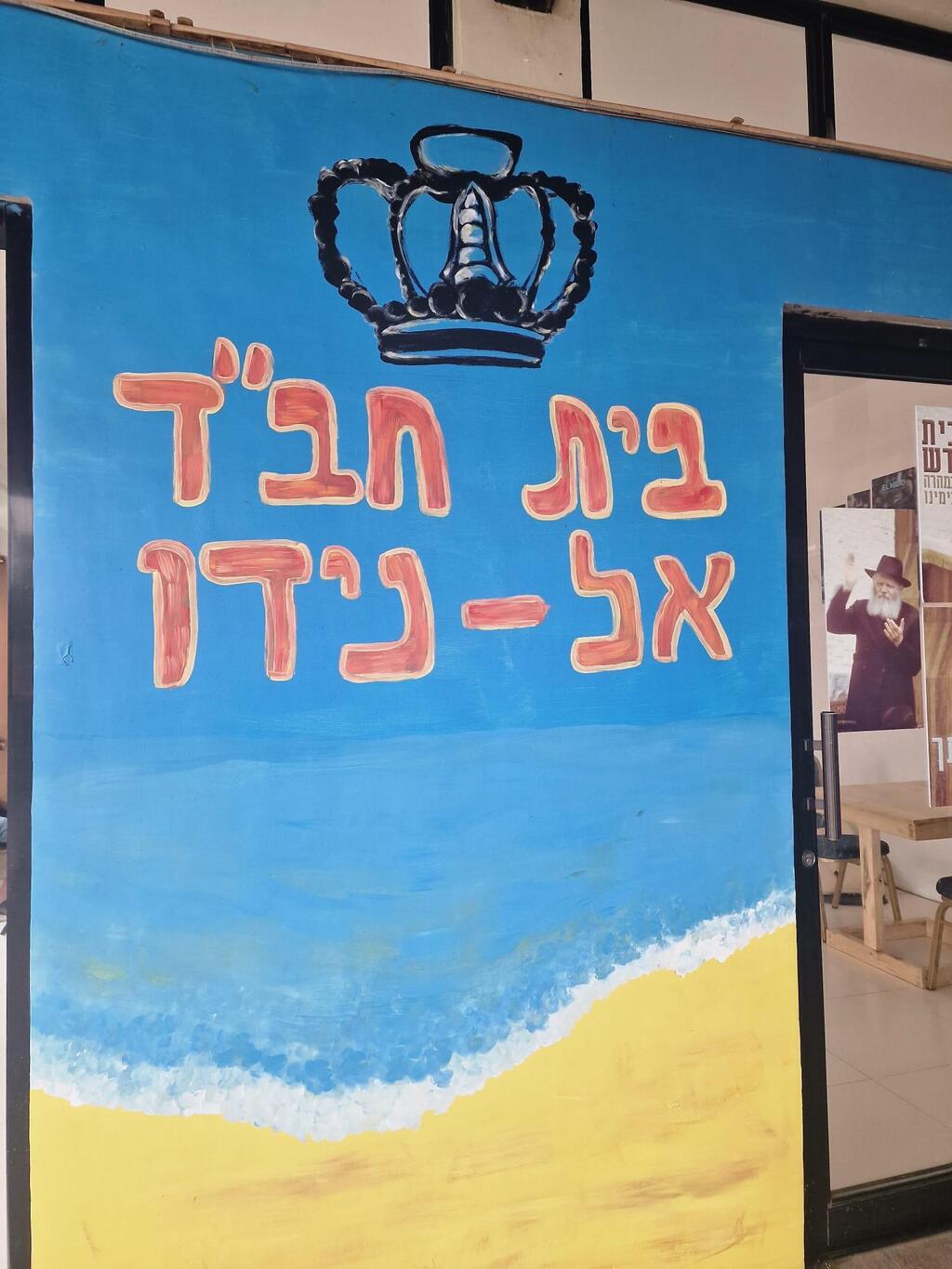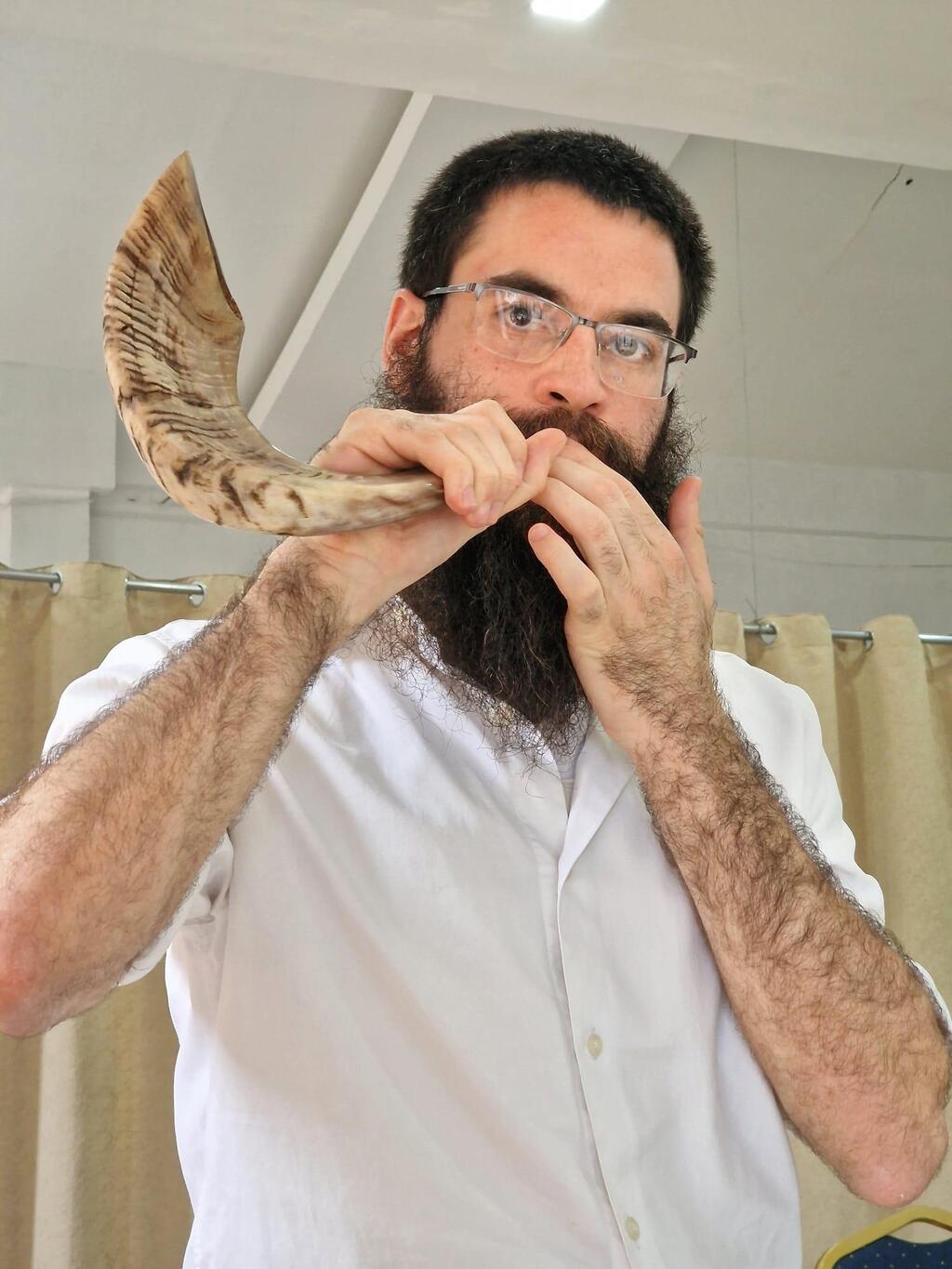Getting your Trinity Audio player ready...
Vibrant Jewish communities can thrive even in the most unexpected places. Around 200 Jewish families call the Philippines home, hailing from countries like the UK, Canada, the U.S., France, Argentina and Israel. The community is also comprised of descendants of Jewish Conversos and even some Holocaust survivors.
Read more:
The first record of Jewish presence in the Philippines is dated to the Spanish colonial period around the 16th century. Jewish merchants from Spain and Portugal arrived in the Philippines to explore commercial opportunities in the area.
Nowadays, there are five Chabad houses across the Philippines. The Cebu Chabad House is headed by Rabbi Mandy Axelrod, his wife Dvora and their three children. The family moved to the Philippines in 2019 and established a Chabad house on the tourist island of Boracay. After the pandemic, the Axelrods were presented with an opportunity to relocate to Cebu and hand the Boracay Chabad House to another Chabad emissary.
Today, around 150 Jews live in Cebu, most of them are Israelis marketing Dead Sea products in shopping centers. Others hail from the United States, France, Australia, etc. We met with Gabriel Levy who lives with his Filipino wife and their young son. Levy prays daily in the synagogue and dines at the kosher restaurant on site.
"Our mission does not revolve solely around the community, but also around the thousands of Israeli travelers arriving here every year. The encounter between the Jewish community in Cebu and the Israelis is unique and fruitful. We hold Shabbat and holiday feasts, prayers, a kosher restaurant and, God forbid, Jewish burial rites," Rabbi Mandy says.
Due to the small size of the Jewish population, which is primarily comprised of tourists and backpackers, there is no Jewish school in the area. The Jewish children in the Philippines study online with other children of Chabad emissaries based across Asia. Rabbi Axelrod says establishing a Jewish school is a matter of time until the community and the demand for such a school grow enough.
Does it cost money to join the Jewish community here?
"Chabad House is the sole Jewish center in both the city and surrounding area. While membership is free, several members opt to make monthly contributions to support Chabad's activities."
What about a synagogue?
"There are currently plans to build a permanent synagogue. We do not have governmental support, and right now, the Chabad house doubles as a synagogue. Concerning mikveh (Jewish ritual bath), women go to the beach, which is a half-hour drive from the Chabad house. We are looking for donors to help us realize our need for a mikveh.
Do you have a local kosher butcher? If so, is it legal in the Philippines?
"We conduct a monthly kosher chicken slaughter in Cebu, just a 30-minute drive from Chabad House. Currently, we can't source kosher beef locally. We perform the slaughter on-site as long as the poultry comes from licensed pens. Two months ago, an Israeli restaurateur took over management, significantly improving the establishment."
Has the community experienced antisemitism? Are you comfortable walking around with a kippah (Jewish skullcap)?
"The Filipinos are Israel supporters. We have not come across antisemitism and have not heard of anyone who has. Walking around with a kippah and tzitzit (fringes on the corners of an upper garment) draws respect from the local population. Sometimes dignitaries walk up to me and ask for a rabbi's blessing."
Rabbi Axelrod recounts an emotional encounter as part of his job in the Philippines. "About a year ago, I received a phone call from an Australian man named Chris Bloor who lives in Cebu. He told me that he was a priest in Australia for the past 23 years in a community with thousands of members," he says.
"Before his mother passed two and a half years ago, she told him that his grandmother was Jewish, which makes them both Jewish. Since then, he has been discovering Judaism online through Rabbi Menachem Mendel Schneerson (the Lubavitcher Rebbe) and the Chabad movement. He was glad to know there was a Chabad House in Cebu and asked to meet me at his home. I went to meet him and I did the laying of phylacteries (tefillin) for him for the first time in his life. He shed tears of joy and said that it was the happiest day of his life.
"This past year, he immersed himself in Judaism, changed his name to Benjamin, began observing traditions and has grown close to Judaism. The interesting thing is with his knowledge and Judaism and his connections, he is an influence on his peers, Christians and
Jews alike."
Newlyweds, travelers and locals around the Chabad House table
Continuing our journey, we reached the city of El Nido where there is also a Chabad House. Rabbi Moshe and Faiga Notik arrived at El Nido a few years ago with their two young children and like many Chabad emissaries, they built their house from scratch. Without any prior knowledge of their surroundings, they built an active Chabad House, a hotel for tourists, a kosher restaurant and more.
On the previous Rosh Hashanah, the El Nido Chabad House was set to host a handful of people. However, at the last minute, over 200 people signed up. Most of the attendants were local Jews and Israelis and their Filipino wives. The day before Rosh Hashanah, Rabbi Notik secured a venue large enough for all guests, resulting in an unforgettable evening.
On one of our visits to the El Nido Chabad House, we saw newlyweds around the table among the tourists. We also met a young Israeli man who told us he had been traveling the world for the past 13 months and one day he woke up with a need to put on tefillin.
He went to get breakfast at a distant location and came across a Chabad emissary. He emotionally exclaimed "Rabbi Mendel, Rabbi Mendel, you came to me from heaven. Today I woke up with the need to put on tefillin and here you are before me. Could you help me?" he asked.
The Jewish scholar replied, "gladly, I will help you and even do it together with you. I do have a small question though. How did you know my name is Mendel?"
"I don't know. I figured you are all named Mendel," he said.
First published: 17:06, 09.05.23


